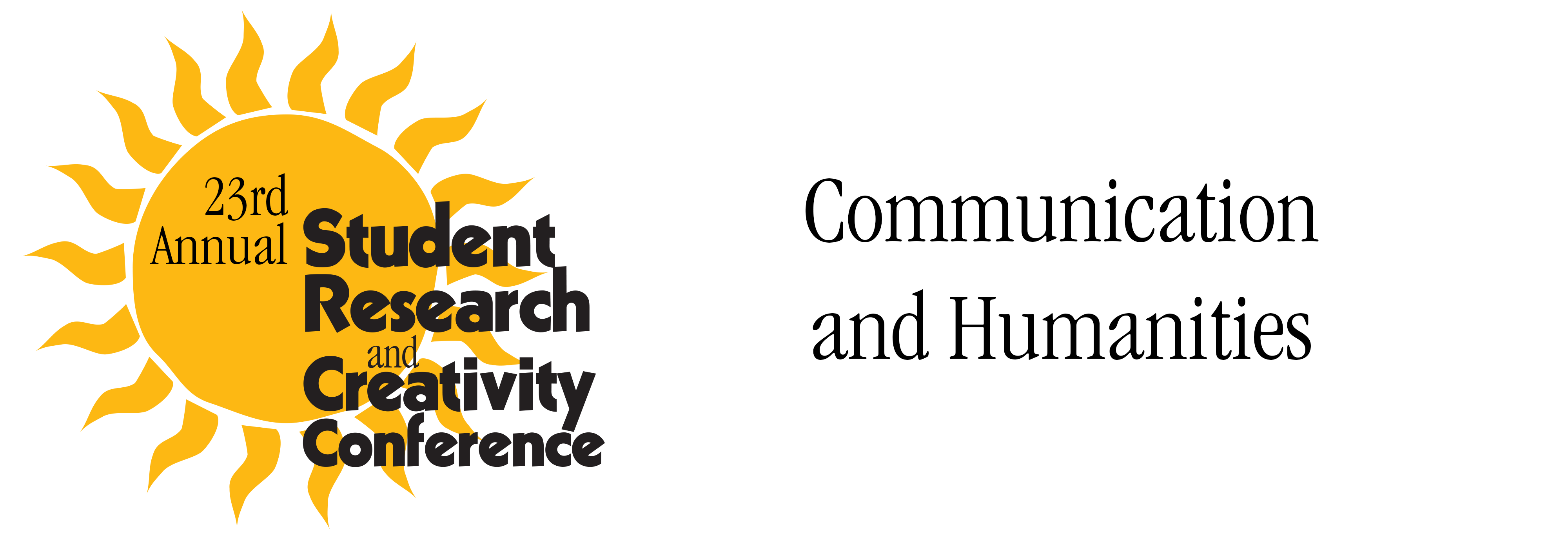

Title
Expectations of Romantic Relationships in Society
Files
Description
Paulina Vargas, PHI401: Problems in Philosophy Seminar
Faculty Mentor(s): Professor John Draeger, Philosophy
This research explores some of the social expectations surrounding romantic love. In particular, society tells us that we should make a long-lasting commitment to our marriage partners and stay monogamous along the way. But does romantic love require a long-lasting commitment? People are more likely to favor monogamy and sexual exclusivity because society has made these expectations part of the social norms for a romantic relationship. When being part of a romantic relationship, many will expect to have love, commitment, and sexual exclusivity. Though sexual exclusivity can have a positive impact on relationships, it should be determined if it is indispensable for romantic love. Neil Delaney offers an account of both romantic love and loving commitment. According to Delany, romantic love involves the desire to create a new entity (a “we”) that represents a shared union. We should love and be loved for the right reasons. These are related to our shared union. In contrast, a loving commitment is based on an enduring interpersonal commitment that our partner will continue acting on our behalf. In my research, I use Delaney's concepts of romantic love and commitment as well as other resources from PHI 401 in order to understand the role that expectations such as a lasting commitment and sexual exclusivity have in a romantic relationship.
Publication Date
2021
Recommended Citation
Vargas, Paulina, "Expectations of Romantic Relationships in Society" (2021). Communication and Humanities. 7.
https://digitalcommons.buffalostate.edu/srcc-sp21-commhum/7



